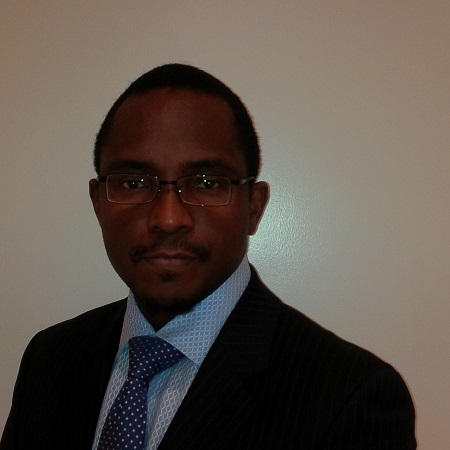LEARS employs USSD to provide ease of access, says Visual Earth’s Allo
Aderemi Ojekunle is a Businessamlive Reporter.
you can contact hin on aderemi.ojekunle@businessamlive.com with stories and commentary.
October 14, 2020847 views0 comments
Saviour Adugba

Nicholas Allo, director of Visual Earth, the organisation that partnered with the University of Texas to deliver the Lagos State Emergency and Accident Reporting Services (LEARS), has told Business A.M. that his organisation decided to make use of Unstructured Supplementary Service Data (USSD) for the technology being deployed by LASAMBUS because it wants to provide ease of access to Lagosians who will be using the service.
Business A.M. had recently reported that the Lagos State Ambulance Service (LASAMBUS) is deploying a geo-location-powered technology to help the emergency service handle road and transport incidents (RTIs) more accurately. At the time, we had noted that the technology will be powered by a USSD code. This decision, Allo has noted is to make it convenient for all Lagosians to make use of the service.
Responding to interview questions from Business A.M., Allo said: “Visual Earth’s use of USSD (Unstructured Supplementary Service Data), as the first choice of communication’s protocols, adopted for the Lagos State Emergency & Accident Reporting Service, LEARS, is guided by the knowledge that Nigeria’s population is mostly low income. Then, according to the GSMA, the 2.5 G band for mobile communication services, which supports USSD communication and enables low-cost 2-way interaction, has approximately 80% to 90% mobile penetration across Nigeria. Consequently, it delivers easy access and enjoys adoption by both the low income and economically buoyant cohorts across the country.”
Read Also:
- Nigeria’s inflation to ease in Q2 ’24, say analysts at Cowry Asset
- Access Holdings chairman bullish about raising $300m new capital
- Access Pensions advances client-focused approach in pension backed mortgages
- Access Holdings' shareholders endorse $1.5bn capital raising drive with…
- World Bank, AfDB strike partnership to boost electricity access for 300…
He noted that his organisation put low-income Lagosians into consideration because they found out from a research that most RTI calls come from people in the low-income sub-sect. According to him, “…when we examined the reporting of trauma incidents across the country and in Lagos State, the majority of the calls and requests for help, received by the authorities from the citizenry, originates mostly from low-income residents.
